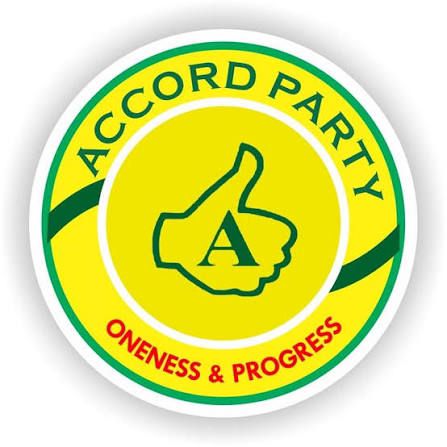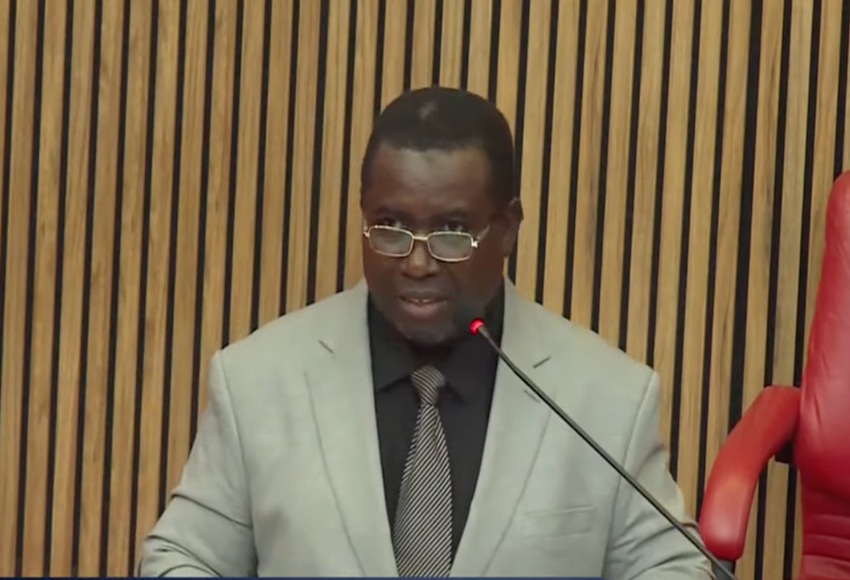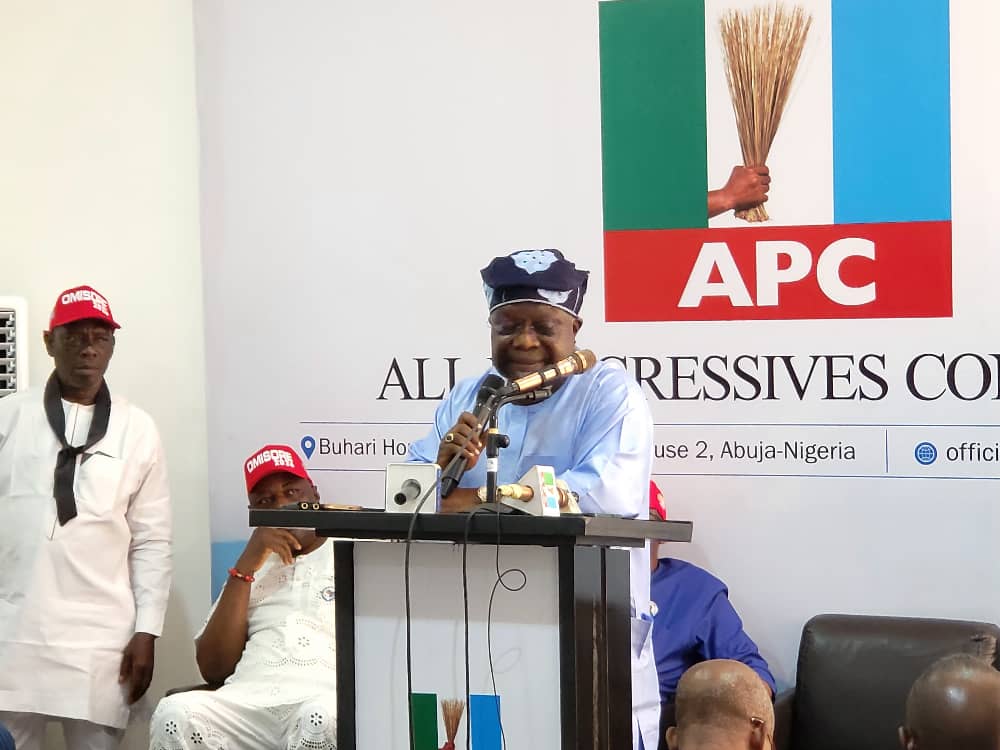Israeli Prime Minister Benjamin Netanyahu found himself at the center of an international diplomatic controversy as he responded to the public disclosure of a clandestine meeting between Israeli Foreign Minister Eli Cohen and Libya’s Foreign Minister Najla Mangoush. The revelation, which occurred when Cohen’s office made the meeting public on August 26, has ignited a backlash in Tripoli and raised questions about diplomatic protocol.
The meeting, which took place in Italy earlier in the month, was brought to light following an Israeli media report, causing immediate unrest in Libya, a nation that does not formally recognize Israel and holds strong pro-Palestinian sentiments. In the wake of the revelation, Prime Minister Abdulhamid al-Dbeibah took the drastic step of dismissing Foreign Minister Mangoush from her position.
Prime Minister Netanyahu, in a candid interview with Cypriot TV station ANT1, seemed to shift responsibility for the controversy onto his foreign minister. He commented, “It is not helpful, now that’s clear,” and went on to explain that he had issued a directive to all government ministers, requiring that such meetings be cleared in advance with his office. Furthermore, he emphasized that the publication of such meetings should also receive prior clearance from his office.
Analysts suggest that Prime Minister Dbeibah and other Libyan leaders had been attempting to foster ties with Israel in the hope of garnering support from the United States. The U.S. prioritizes Arab-Israeli normalization as a key diplomatic objective, which could potentially aid Libya in navigating its internal political divisions.
For Israel, such engagements with Arab and Muslim partners remain significant, as they hold the potential to evolve into full-fledged diplomatic relations. In the ANT1 interview, Prime Minister Netanyahu referred to the Cohen-Mangoush meeting as “an exception to the rule,” indicating its sensitivity.
In response to the ensuing furor, Foreign Minister Cohen took to social media on August 28 to defend his ministry’s efforts in both overt and covert channels to strengthen Israel’s foreign relations. This episode has underscored the intricacies and sensitivities surrounding diplomatic engagements in the volatile Middle East region.
As Israel navigates these diplomatic challenges, the disclosure of this meeting serves as a reminder of the delicate balance that leaders must strike in pursuit of foreign relations, particularly in regions marked by historical tensions.
Advertisement




